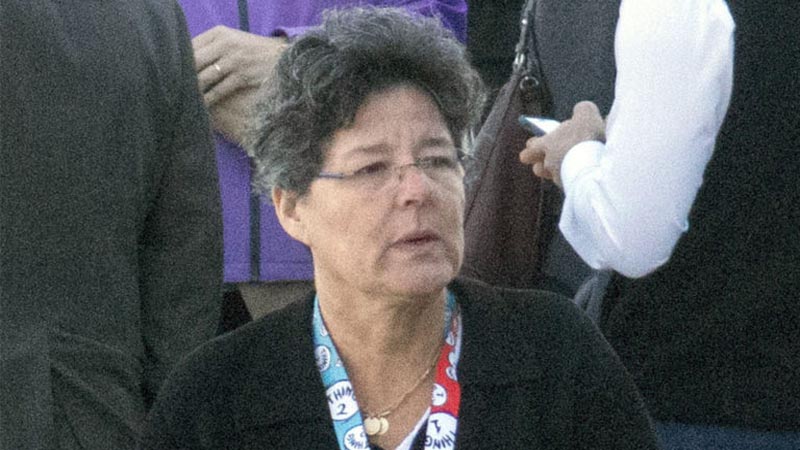Harvard just scored a major legal win in its showdown with Donald Trump. On Thursday, a federal judge in Boston put the brakes on Trump’s latest move to bar international students from entering the US to study or participate in exchange programs at the prestigious university. And the court wasn’t subtle about it.
In a sharply worded two-page ruling, US District Judge Allison Burroughs granted Harvard a temporary restraining order that stops the president’s directive from taking effect—at least for now. The reason? She said the order would cause “immediate and irreparable injury” before the courts even get a full chance to review the case.
This is the second time in recent weeks that Judge Burroughs has stepped in to block Trump’s attempts to cut off Harvard’s ability to enroll international students, who make up more than a quarter of the school’s student body. In fact, Harvard had already sued over a separate order just last month, and now it’s updating that lawsuit to include this new proclamation.
“The Proclamation denies thousands of Harvard’s students the right to come to this country to pursue their education and follow their dreams, and it denies Harvard the right to teach them. Without its international students, Harvard is not Harvard,” the university wrote in its Thursday court filing.

Harvard’s legal argument also challenges the idea that Trump’s directive is about national security. “The Proclamation does not deem the entry of an alien or class of aliens to be detrimental to the interests of the United States, because noncitizens who are impacted by the Proclamation can enter the United States — just so long as they go somewhere other than Harvard,” the filing stated.
Earlier that same day, White House spokesperson Abigail Jackson didn’t hold back in her response. “Harvard is a hotbed of anti-American, anti-Semitic, pro-terrorist agitators,” she claimed, accusations the university has denied in the past. Jackson added, “Harvard’s behaviour has jeopardised the integrity of the entire US student and exchange visitor visa system and risks compromising national security. Now it must face the consequences of its actions.”
Trump’s order would have stopped new international students from coming to Harvard for at least six months, with a possible extension. It also directed the State Department to review and potentially revoke visas of current students who fall under the proclamation’s scope.
Judge Burroughs wasn’t having it. She extended an earlier temporary restraining order from May 23 that also blocked similar restrictions, and she signaled that a longer-term injunction may be on the way to give some breathing room for affected students.
Harvard argues this isn’t just about visas. It believes the Trump administration is retaliating against the school for resisting pressure to change its governance, academic programs, and the ideological leanings of faculty and students.
The legal battle began when Homeland Security Secretary Kristi Noem suddenly yanked Harvard’s certification to enroll foreign students back in May. But right before a scheduled court hearing, the department pulled back and said it would try a more drawn-out administrative challenge instead.
Meanwhile, Trump’s Wednesday proclamation accused Harvard of having “extensive entanglements with foreign adversaries,” including China, and claimed the school had a “drastic rise in crime” and poor discipline. Harvard responded in court that these accusations were baseless.
For now, Harvard’s international students can breathe a little easier, but this legal tug-of-war is far from over.

